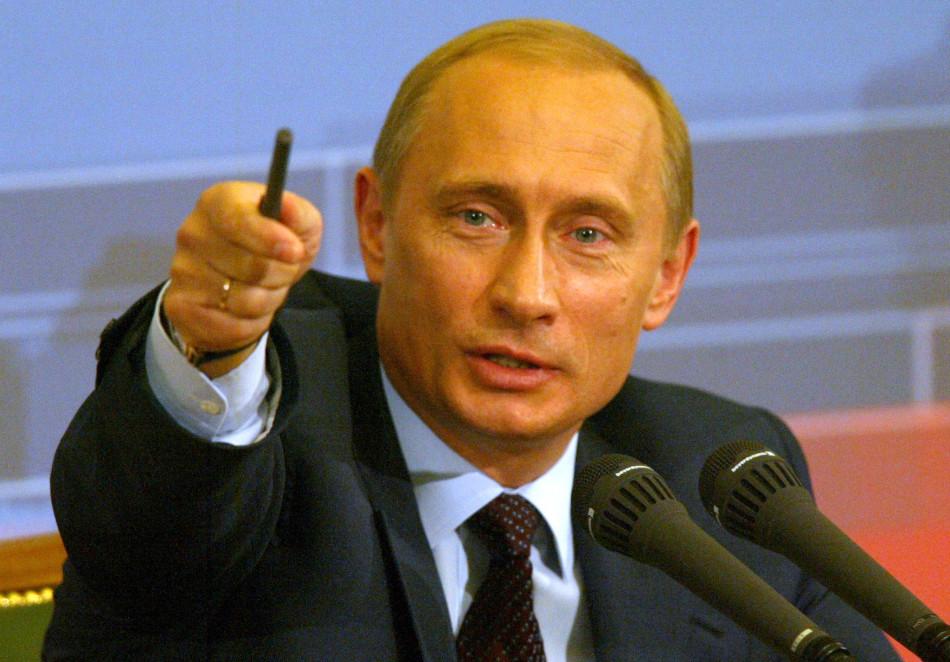Eyes on the Crimea
“You, him, me? We have nothing invested in this. We are disconnected, all of us.” Under the sweltering Bahia heat, those words hit home.
I spent the second week of March chairing a Group of Twenty committee at Brazil’s biggest Model United Nations conference, and against the backdrop of fierce debate over a range of world issues I watched the crises in Ukraine and Crimea escalate to dangerous levels. In my committee there were (you guessed it) twenty countries, along with a few observer states and entities, locked in debate, and as words like “popular sovereignty,” “IAEA,” and “spiraling deflation” flew across the room, it was easy to get stuck and lose track of what was going on.
I admit that I am not immune to the confusion that can dominate these discussions. At one point, as I wondered why delegates were debating the nature of the second law of thermodynamics, I found myself reading a recent Wall Street Journal report condemning the Russian state, and I heard those notable words: “We are disconnected, all of us.”
A flurry of articles have been written recently on what has been done or can be done by the international community to prevent the Russian state from annexing the Crimea peninsula. The United States and the European Union have already sanctioned and frozen the assets of officials deemed responsible for the crisis. As these talks escalate into a legitimate consideration of economic sanctions against Russia, I think of my own reaction to the story, and how, for what it’s worth, I have nothing invested in this.
How, then, does this disconnection from the real-life crisis influence my interpretation of events? This is the issue: while disconnected agents—people and entities like you, me and the media—might be quick to jump at an opportunity to assign blame in an international conflict, the reality remains that things just aren’t that simple.
Rarely in Model UN must we give true weight to denunciations we issue against other countries and colleagues. At BRAMUN, the French delegate suggested and outlined a hypothetical war with the the United Kingdom, a proposal met with laughter and amusement. Of course, I don’t blame them for enjoying the spirit of Model UN, but there is a clear distinction between the attitudes of MUN delegates (bold, fervent and energetic) and those of professional diplomats (wary, cautious, even numb). We tend to condemn the bland statements of politicians who seem to offer no real solutions to real struggles, questioning why there seems to be so much threatening and talking, but very little action.
Thus, we return to the question of Crimea. Can Putin be unanimously blamed by the international community for the development of the crisis? The New Yorker editor and Russian scholar David Remnick argues that “if Bush infringed Iraq’s sovereignty, then we can’t blame Putin for doing it.” Is that valid? Should the United States be able to cripple the Kremlin’s inner circle by freezing the oligarchs’ financial assets and seizing their property? Have we been too quick to discredit Putin’s claim that “Crimea has always been an integral part of Russia in the hearts and minds of people”? While a definite answer to any of these questions would be beyond my limited understanding of twenty-first-century international relations, they serve as a starting point for understanding the different perspectives involved in this particular international crisis.
France, Britain, and the US have proceeded with their economic squeeze on Russian oligarchs. Tensions between Russia and NATO countries were heightened when Putin brazenly annexed part of another country, justifying the action under a gray area of international law. And even more recently Russian troops forcibly took over the last Ukrainian military base in the peninsula. We are not disconnected. Keep your eyes on the Crimea: It may be a harbinger.

Daniel Almeida is, arguably, the best sleuth in the business. Daniel joined The Talon three years ago, serving as News reporter, News Editor and finally...










